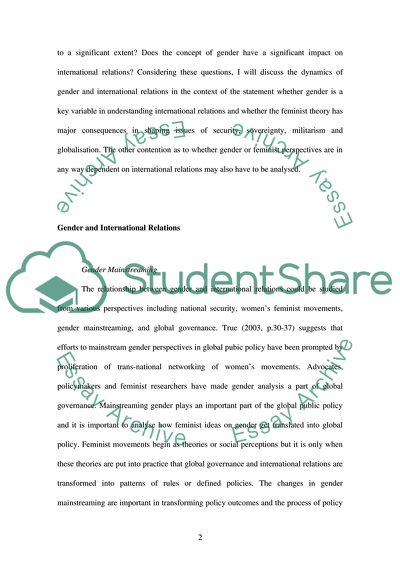Cite this document
(“The gender is a key variable in international relations Essay”, n.d.)
The gender is a key variable in international relations Essay. Retrieved from https://studentshare.org/miscellaneous/1505013-international-relations-feminism
The gender is a key variable in international relations Essay. Retrieved from https://studentshare.org/miscellaneous/1505013-international-relations-feminism
(The Gender Is a Key Variable in International Relations Essay)
The Gender Is a Key Variable in International Relations Essay. https://studentshare.org/miscellaneous/1505013-international-relations-feminism.
The Gender Is a Key Variable in International Relations Essay. https://studentshare.org/miscellaneous/1505013-international-relations-feminism.
“The Gender Is a Key Variable in International Relations Essay”, n.d. https://studentshare.org/miscellaneous/1505013-international-relations-feminism.


